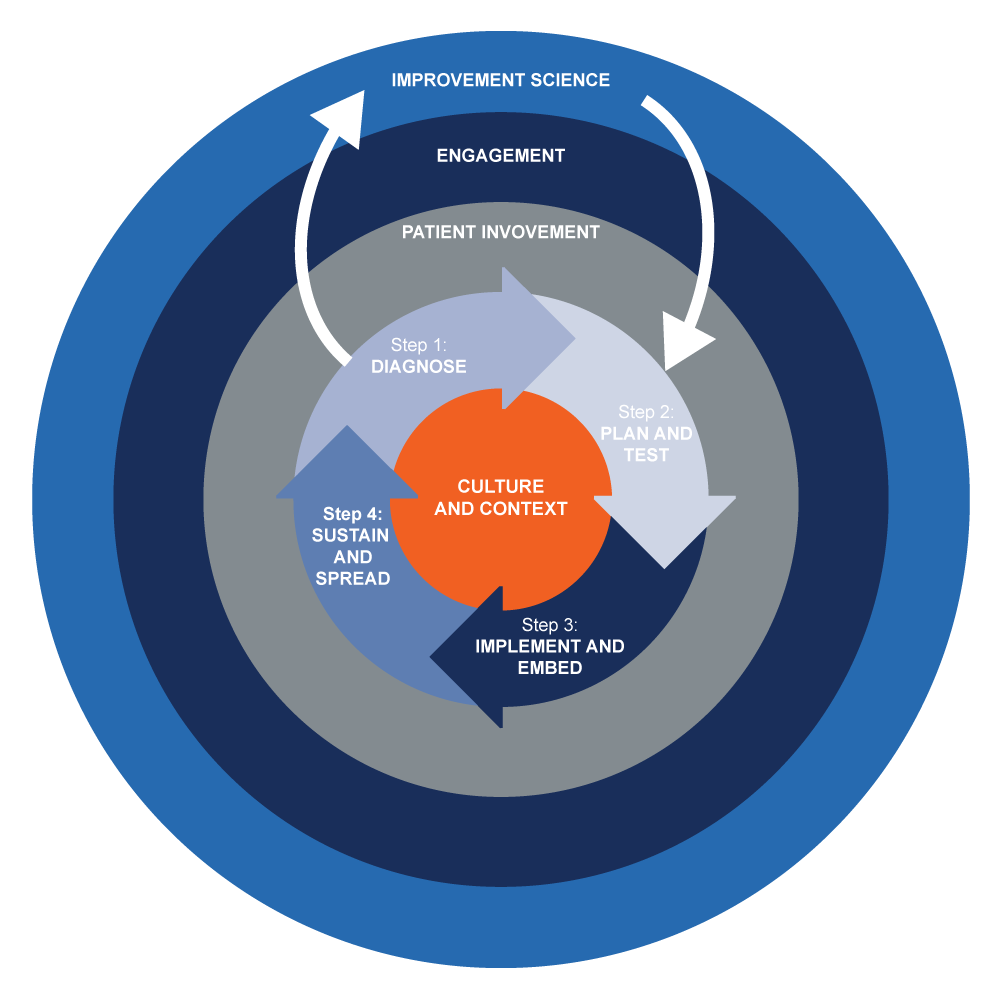Deafness and hearing loss toolkit
Guidance for GPs on the care of patients dealing with deafness and hearing loss.
Quality Improvement Initiatives
Hearing impairment can have a major impact on daily functioning and quality of life. It can affect communication, social interactions and work, leading to loneliness, emotional distress and depression. The RCGP is working in partnership with RNID on the Deafness and Hearing Loss in Primary Care project. This project will create resources to help give GPs confidence to recognise symptoms of hearing loss and appropriately refer people for a hearing assessment. The project seeks to support the implementation of changes in surgeries to improve access to primary care services.
Hearing loss affects around 12 million people across the UK. Due to our aging population, this expected to rise to 14.2 million by 2035. There is a clear foundation for providing access to healthcare for people with hearing loss set by the Equality Act and Disability Discrimination Act 1995. From August 2016, all NHS and social care providers have been required to meet the terms of the Accessible Information Standard (section 250 of the Health and Social Care Act 2012).
Evidence shows there is a severe lack of deaf awareness amongst GPs and patients end up feeling unclear after a consultation. This short powerful video highlights the importance of deaf awareness and the need for good communication skills amongst health professionals.
The process of improving quality in general practice is continuous
In January 2019, NHS England agreed a new five-year framework for GP contract reform to implement the NHS Long Term Plan. This included several improvements to 2019-20 Quality and Outcomes Framework (QOF) (1.19 MB PDF), including the introduction of the Quality Improvement (QI) Domain.
The challenge of improving the effectiveness and efficiency of the healthcare we offer to our patients is continuous. QI represents one way for clinicians to improve the care they provide to patients whilst also improving their own professional satisfaction. A QI plan may include government-selected items but can also incorporate areas reflective of your practice setting which your staff and patients feel are important.
Here are some suggestions for QI initiatives in your practice in relation to deafness and hearing loss:
- Deaf Awareness Training: Provide deaf awareness training for all practice staff including effective communication tips, types of communication support available and good practice.
- Accessibility: Ensuring your practice has a range of ways for patients to contact their GP surgery and ensure that practice staff are trained in how to use these methods. Remembering that a patient who is deaf or has hearing loss may have difficulty hearing over the phone. Having policies and procedures in place to enable communication support such as BSL interpreting services to be booked as and when required.
- Communication: Implementing technology within the practice that can help improve the patient experience for people with hearing impairment, such as visual display screens in waiting rooms and induction loop or infrared systems.
- Patient Records: Your QI project could involve reviewing the notes of patients and ensuring patient records clearly indicate when a person has a hearing impairment. You could include basic information about their preferred method of communication and any communication support requirements.
- Mental Health: Hearing impairment can have a major impact on daily functioning and quality of life. It can affect communication, social interaction and work. This can lead to loneliness, emotional distress and depression. Screening questions can be used to identify patients in need of support, so they can then be treated and signposted to voluntary support organisations.
The RCGP QI Guide is a resource which can be used to understand the principles and tools of QI. The guide introduces the simple QI Wheel for primary care (see visual representation below). This illustrates the main elements to consider in design, delivery and evaluation of a QI project and brings it together as a cohesive whole.

QI Ready is a useful online tool developed by the RCGP to help implement and embed new QI approaches more effectively and efficiently into practice. It includes e-modules, resources and tools to help you with your quality improvement in practice. It also provides access to case studies which you can duplicate, thus preventing you from 're-inventing the wheel', and a network to link with others to help you and give advice.